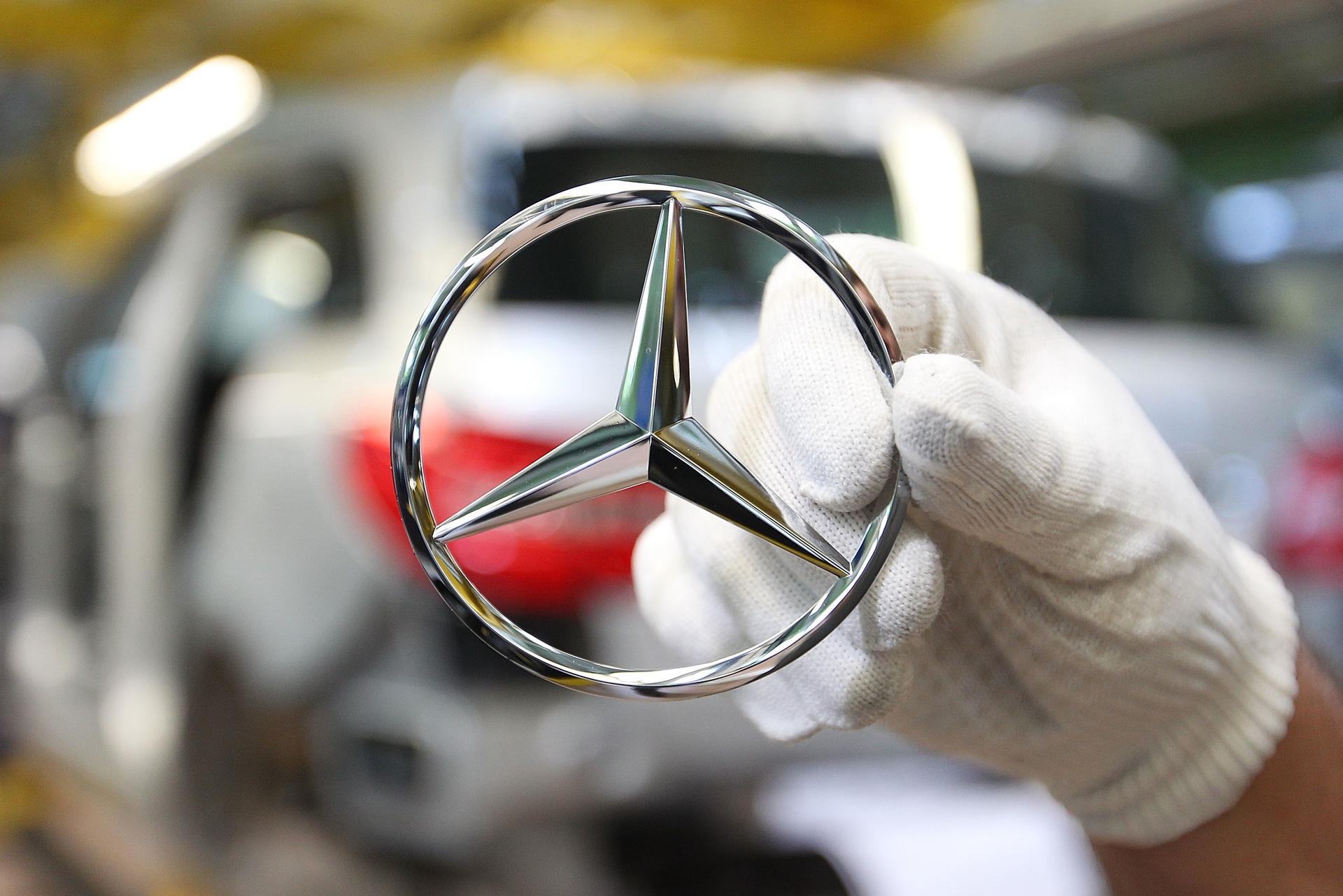Chinese investors snap up German industry
Chinese companies want German clout and prestige. But selling out may hurt German firms’ long-term success.
BERLIN, Germany — When a leading maker of high-tech cement pumps here met China’s largest heavy construction equipment company, it was love at first sight.
“It was a perfect match,” says Norbert Scheuch, CEO of the German company Putzmeister, of its $450 million sale to the Sany Group in January. “Usually you have to restructure — something doesn’t fit quite right and you have to make adjustments. But that wasn’t the case.”
The merger is believed to have been the largest ever between the two countries. It may not be for long: It’s part of a growing trend that may change the culture of a sector that has traditionally been wary of outsiders.
Chinese investors are on a shopping spree in Germany, and in one sector in particular: the legendary Mittelstand — small and mid-sized companies, many of them family-owned, that provide the backbone of Europe’s strongest and wealthiest economy.
More from GlobalPost: Why Germany can’t stop worrying and love inflation
Described as the country’s hidden champions in the land of BMW and Siemens, Mittelstand companies employ more than 60 percent of the German workforce. Most manufacture niche technologies or obscure products in great demand, not least in that other economic powerhouse China, one of Germany’s most important markets.
Peter Englisch, an analyst at Ernst and Young who works with Mittelstand businesses, calls them “part of German culture.”
“They prefer to become market leaders in niche markets instead of simply going after short-term growth,” he says.
From wire fasteners for champagne bottle tops to machinery, automotive parts and more, Mittelstand’s products help make Germany one of the world’s largest exporters.
The definition of a Mittlestand company isn’t exact. Originally a term for companies employing up to 250 people generating annual revenues of up to $60 million, it has expanded to include much larger firms employing several thousand workers and posting profits of hundreds of millions of dollars.
Nevertheless, Mittelstand businesses share two characteristics: they are privately listed and have a dominant shareholder family in management.
Their steady, generally cautious approach to business helps explain why they have carried Germany through a global financial crisis that has crippled other European countries.
Englisch says their size also gives them flexibility. “You don’t have as much accumulated risk as you do with a big multinational.”
Customers are willing to pay more for the “Made in Germany” brand that promises reliability, quality and speed of delivery. Price is often no object for manufacturers whose production can be held up if malfunctioning equipment isn’t replaced quickly.
Those qualities are now also attracting Chinese companies seeking to compete in global markets.
“They realized you can imitate a lot very quickly,” said Marc Tenbieg, head of the German Mittelstand Association, of the automobile and machine industries. “They could imitate 80 percent to perfection. But the last 20 percent, the ‘German quality,’ they couldn’t get down.”
In the last year, Chinese companies bought concrete pump maker Schwing, consumer electronics supplier Medion, car-door lock specialist Kiekert and auto control systems producer Preh. Twenty-one Mittelstand companies have found new Chinese buyers since the beginning of 2011.
Purchasing German companies enables the new owners to trade on solid, established names useful for gaining footholds in European markets. It also gives China access to the know-how and skills of German workers and management.
“The Chinese have learned that building a good brand is actually much more valuable than trying to gain as much short-term profit as possible,” Tenbieg said.
By their nature, German Mittlestand companies have tended to fit well into Chinese firms by plugging production gaps.
“Investors don’t have to buy large companies with many useless assets,” said Milton Kotler of the Kotler Marketing group.
Although many Mittelstand companies were reluctant to entertain outside bids in the past, that’s changed as the euro crisis dried up orders and encouraged some to open their arms to Chinese suitors.
Despite the good fit in many cases, however, cultural differences between Chinese CEOs German employees have sometimes been difficult to overcome.
“You can have great workers, but if the cultures don’t mesh, you have a big problem,” Tenbieg says.
But there may be larger problems for German companies.
Englisch says it’s still unclear what effect Chinese takeovers will have on the loyalties of trusted customers and on communities in which Mittelstand companies are located. They are often based in rural towns or small cities where they have nurtured close ties to local populations as well as universities and vocational schools.
“The name of the family, the reputation of the person who has run the company for decades, who maybe inherited the business from a former generation is important,” Englisch said. “If the local community knows you, it probably doesn’t want you to sell to any investor who pays the highest price and doesn’t care about the employees.”
More from GlobalPost: As Old Europe shuns nuclear, New Europe embraces it
Some warn that Chinese ownership may harm Mittlestand companies in the long run. Kotler says Chinese state-owned companies are interested in keeping intellectual property and know-how for themselves.
“Sany has built its own production facility in Germany,” he says. “It’s going to maintain the Putzmeister brand, but it’s going to invest money in building the Sany brand over Putzmeister. In time, the Sany brand will prevail.”
Putzmeister’s Scheuch disagrees. He points to the experience of Porsche and its new parent company Volkswagen.
“Will Porsche change because it’s now a part of the VW enterprise?” he says. “Maybe a little in the administration, but Porsche will remain Porsche.”
However, he admits he can’t predict Sany Group’s plans.
“There’s always danger,” he says. “But in business, if you stand still you’ll be passed by.”
